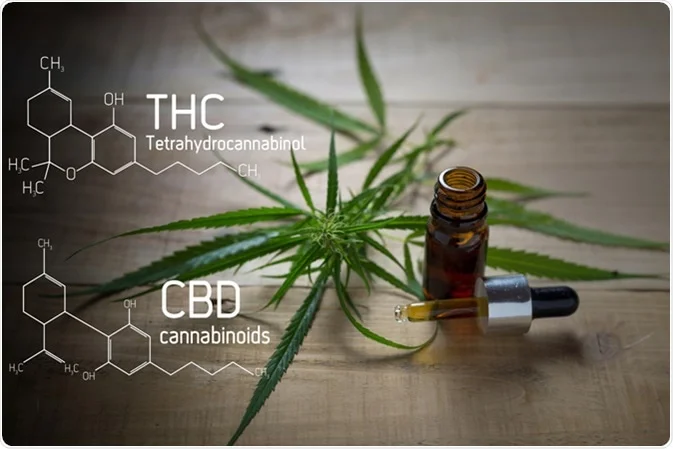CANADA,, DMT, psilocybin
The Role of CBD in Balancing THC’s Sleep Effects
Cannabis is widely used for relaxation and sleep, but its effects can vary greatly depending on the balance between THC (tetrahydrocannabinol) and CBD (cannabidiol). While THC often induces drowsiness, it can also disrupt natural sleep cycles, leading to grogginess or reduced REM sleep. On the other hand, CBD may play a moderating role, helping balance THC’s influence and supporting healthier sleep patterns.
Interestingly, the discussion about CBD and THC often overlaps with broader conversations about how different psychoactive compounds—such as N,N-DMT, 5-MeO-DMT, and Mescaline—affect consciousness and rest. While these psychedelics are not sleep aids, they provide valuable insight into how the brain responds to altered states.
How THC Affects Sleep
THC is the primary psychoactive compound in cannabis. It often makes users fall asleep faster and may reduce sleep latency. However, research shows that high doses of THC can reduce REM sleep, the stage where dreaming occurs. This explains why frequent cannabis users sometimes report fewer dreams.
Long-term, the suppression of REM may create a form of sleep debt, where the body craves deeper, restorative sleep once cannabis use is paused.
CBD as a Balancer
Unlike THC, CBD is non-intoxicating and has more stabilizing effects. Studies suggest that CBD may:
- Reduce anxiety that interferes with sleep.
- Counteract THC-induced grogginess.
- Support REM rebound by restoring balance in the sleep cycle.
For individuals using cannabis as a sleep aid, combining CBD with THC can create a more natural sleep experience, preventing the extremes of either compound alone.
Psychedelics and Sleep: N,N-DMT, 5-MeO-DMT, and Mescaline
At first glance, cannabis and psychedelics may seem unrelated, but examining substances like N,N-DMT, 5-MeO-DMT, and Mescaline offers perspective on how brain chemistry and altered states impact rest and recovery.
- N,N-DMT: Known as the “spirit molecule,” it produces intense, dream-like visions. Its similarity to natural sleep neurochemistry has led researchers to speculate on its relationship with REM sleep and dreaming.
- 5-MeO-DMT: Often called the “God Molecule,” this compound induces ego-dissolving experiences. While not a sleep aid, its effects on consciousness show how powerful shifts in brain activity can reset mental patterns, similar to how balanced cannabis use may reset sleep cycles.
- Mescaline: Found in peyote and San Pedro cactus, mescaline produces long-lasting introspective states. While not tied to sleep directly, it highlights the body’s ability to adapt to extended altered states—paralleling how THC and CBD must be balanced for sustainable nightly rest.
These comparisons suggest that just as different psychedelics influence consciousness uniquely, CBD and THC must be carefully balanced to avoid extremes in sleep outcomes.
Final Thoughts
Cannabis can be both a friend and foe when it comes to sleep. While THC helps with sleep onset, it can disrupt sleep architecture. CBD, however, brings balance—reducing anxiety, minimizing grogginess, and supporting restorative cycles.
Looking at compounds like N,N-DMT, 5-MeO-DMT, and Mescaline, we’re reminded that the human brain is highly sensitive to altered states. The lesson across all these substances is clear: balance and intentional use are essential for long-term well-being.


